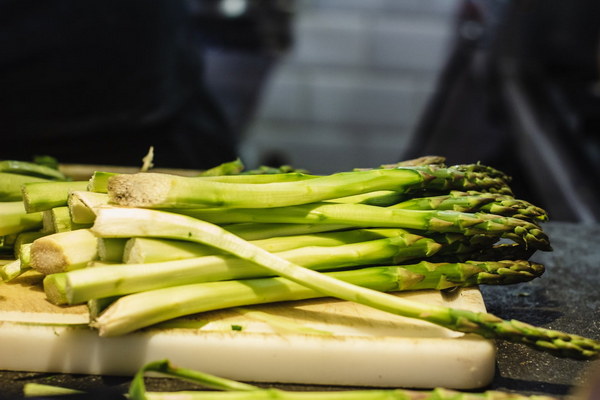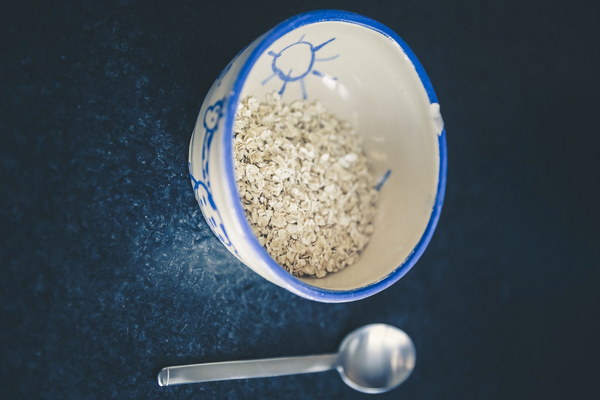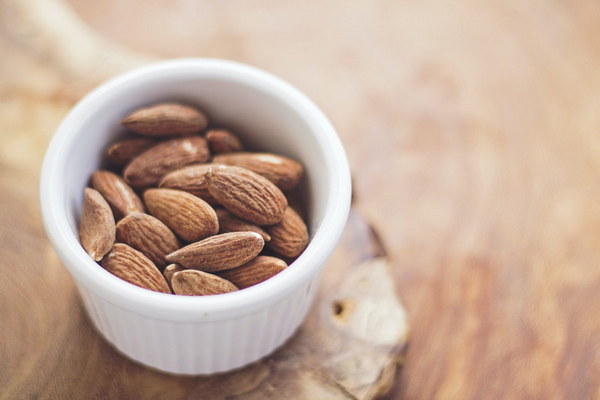Nourishing Your Childs Stomach A Guide to GastricFriendly Foods for Kids
Introducing healthy eating habits at an early age is crucial for a child’s overall development, including their digestive health. A healthy stomach not only aids in better nutrient absorption but also ensures that your child grows up with a robust immune system. This article will guide you through the best foods to include in your child’s diet to nurture their stomach and support their overall health.

1. Whole Grains
Whole grains are a great source of fiber, which helps in maintaining a healthy gut. Foods like whole wheat bread, brown rice, and oatmeal are excellent choices. These grains are easier on the stomach than refined white flour products and can be incorporated into your child’s diet in various forms, such as in sandwiches, salads, or as a warm breakfast.
2. Probiotics
Probiotics are live microorganisms that can promote a healthy gut. Foods rich in probiotics, like yogurt, kefir, and fermented milk, can help maintain a balanced gut flora. When introducing probiotics, start with small portions to ensure your child’s stomach can handle them. You can also find probiotics in other foods like sauerkraut, kimchi, and pickles.
3. Fruits and Vegetables
Fresh fruits and vegetables are packed with essential nutrients and fiber. They aid in digestion and help in maintaining a healthy stomach. Offer a variety of colorful fruits and vegetables, such as apples, bananas, carrots, and spinach, in their natural form or as smoothies, soups, or baked goods.
4. Lean Proteins
Lean proteins are essential for growth and development. Foods like chicken breast, fish, and tofu are great options. These proteins are easy to digest and provide the necessary amino acids for your child’s body. Cook proteins in a gentle manner, such as boiling, steaming, or baking, to make them more digestible.
5. Dairy Products
Dairy products like milk, cheese, and butter are rich in calcium and vitamin D, which are vital for bone health and gut function. However, if your child is lactose intolerant or has a dairy allergy, seek alternative sources of these nutrients, such as fortified plant-based milk or fortified cereals.
6. Herbs and Spices
Herbs and spices can aid in digestion and prevent stomach issues. Ginger, turmeric, and fennel are known for their digestive benefits. You can incorporate these ingredients into your child’s diet in small amounts, such as adding ginger to smoothies or turmeric to rice dishes.
7. Hydration
Adequate hydration is crucial for a healthy stomach. Encourage your child to drink plenty of water throughout the day. You can also offer them herbal teas or diluted fruit juices to stay hydrated. Avoid sugary drinks and sodas, as they can disrupt the gut flora.
8. Mindful Eating
Teach your child to eat slowly and mindfully. Eating too quickly can lead to indigestion and bloating. Encourage them to chew their food thoroughly before swallowing, which aids in the digestion process.
In conclusion, nourishing your child’s stomach starts with incorporating a diverse range of gastric-friendly foods into their diet. By focusing on whole grains, probiotics, fruits, vegetables, lean proteins, dairy products, herbs, and spices, you can help ensure your child’s digestive system remains healthy and robust. Remember, the key is to introduce these foods gradually and observe how your child’s stomach reacts to new ingredients. With a balanced diet and mindful eating habits, you can help your child develop a healthy gut that will support their overall well-being throughout their childhood and beyond.









